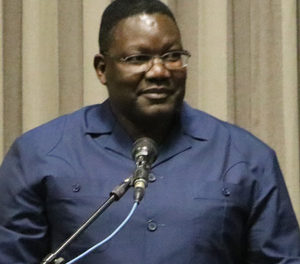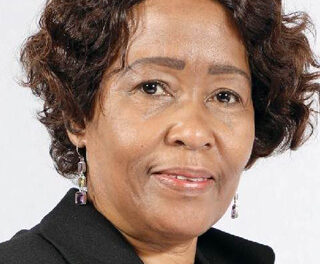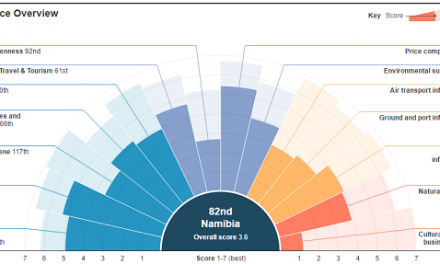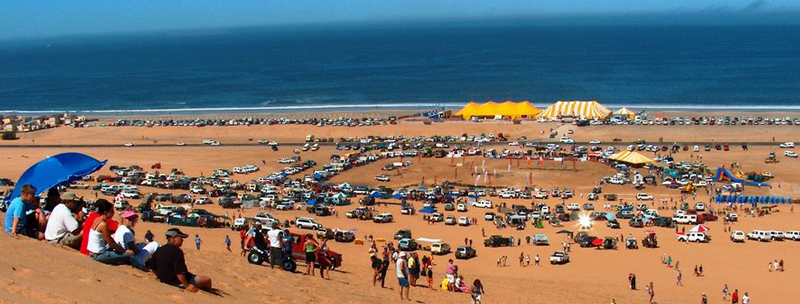
What will happen to ancestral remains when they are returned
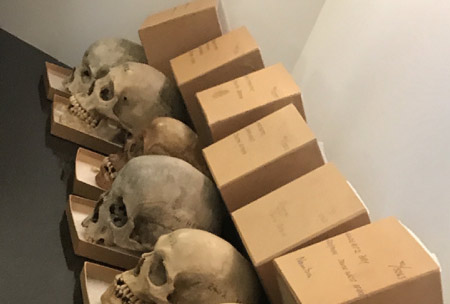
The Human Remains Management and Policy Development in Southern Africa will be holding workshops at the University of Namibia from 22 to 23 March.
The workshops are part of a three year project initiated by the Commonwealth Association of Museum and funded by the International Council of Museums and the Commonwealth Association of Museums.
The ultimate goal of the project is to develop policy and guidelines for human remains management and repatriation in southern Africa in collaboration with museums, university, government and Indigenous community members. This is a form of reconciliation for the collection of human remains for research purposes to support prevalent theories of whit supremacy in colonial times.
In the early twentieth century museums in South Africa and Europe collected human remains, particularly from the San and Nama communities. Museums that have inherited ancestral remains acquired unethically or indeed illegally, need to address past institutional wrongs, develop relationships with source communities, correct this situation and support reconciliation.
But this is not as simple as returning remains, to whom and what happens to them once returned? This questions need to be addressed in an open dialogue and the workshops are meant to answer them.
The project also incorporates internships in southern African museums, regional workshops and intentional meeting, collections-based research, discussion with regional and intentional experts, community consultations with source communities and a traveling exhibition.

























